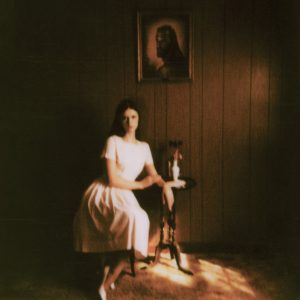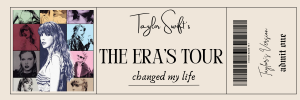by Em Readman
Memoirs about grief are often synonymous with the death of a parent or child, or a loss that comes later in life. Few dive into the sudden, reeling experience of unexpected death at a young age, and how that experience informs the rest of a person’s life after loss, their relationships, and their relationship with grief. Found, Wanting by Natasha Scholl is a deep dive into grief after her partner Rob suddenly died at 24 after a Valentine’s Day dinner.
Found, Wanting is Scholl’s debut memoir, and opens with an author’s note about the accuracy of people and events. She ends this note with, ‘trauma distorts the present moment and twists our memory of the past. As a grief memoir, it is accurate only insofar as it captures the madness of grief.’ Her candid admission that grief and trauma are inextricably complicated, only becoming more complex with time, is the ethos with which Scholl writes. Rather than trying to mask the ways in which trauma compromises memory and recall, she leans in, letting grief in as a principal character of the memoir, rather than a complication to overcome. The grief doesn’t go away. It is, in every sense, more present than Scholl herself as she tells this story, particularly in the aftermath of Rob’s death.
Scholl’s relationship with grief is deeply informed by her faith and Rob’s, as the opening chapters detail Shiva, the Jewish period of mourning. She navigates the paradox of how her faith tells her to approach grief and how she actually feels, confronted with how little the traditional morning process provides her closure. While both families grieve a person who was a pillar of their lives, Scholl reckons with the loss of a close intimate partner.
‘The tricky balance of public grief and private pain. It was hard to get the balance right, between what I needed to survive, to pass the time, and participation.’
After the immediate period of loss and mourning, Scholl faces the hardest part; continuing on living. She writes about finding a new home, starting university again, getting a dog. There is something grounding about the way in which she navigates the ordinariness of life after loss. Scholl expertly and candidly explains how the trauma of a sudden death is now a constant in her life, from holding tension in her body, to medical anxiety, to the struggle of beginning new relationships, to confronting the guilt that comes with finding herself in moments of happiness.
Something of particular note is the way Scholl speaks to how this experience at such a young age shaped her. She writes extensively about how loss affected her regarding relationships. In beginning a new romantic partnership, she is resistant to looking forward to a future, still fearful of her happiness being robbed from her suddenly. The wound still tender, she gingerly navigates trusting her partner and herself, relearning how to be co-dependent. Many times throughout this memoir, I felt out of place, seeing moments often reserved for the solitude of a bedroom or a car in the driveway. But, this is what Scholl intended, and I was grateful to be offered this glimpse of her most private moments.
Throughout the memoir, the process of moving forward reduces the symptoms of grief, but the grief itself remains. At the end of a chapter, Scholl describes it as,
‘I stopped living at rock bottom, with its sharp edges that cut and bled and tore shreds off me. Instead rock bottom lived within me. A threat: lurking at the base of my spine, in my gut, in my chest.’
Scholl invites her reader into the most intimate parts of her life, placing in their hands the magnifying effect of loss and what comes after. Her experience losing her partner informs how she lived her life from that point onward, how grief and joy can intertwine and how to react when loss rears its head again. Her writing, a conversational style with a gripping depth, pokes into every groove where grief and loss pools.
For anyone who has had to navigate grief, Found, Wanting gives the reader moments of comfort and unyielding moments of vulnerability and pain. The cadences of this memoir wind through the ebb and flow of grief in an intense, visceral fashion. Scholl drives home how individual the grieving process is and should be commended for how she covers not only the loss of someone close to her, but the loss of who she was before she was marked by grief and the process of rebuilding.








